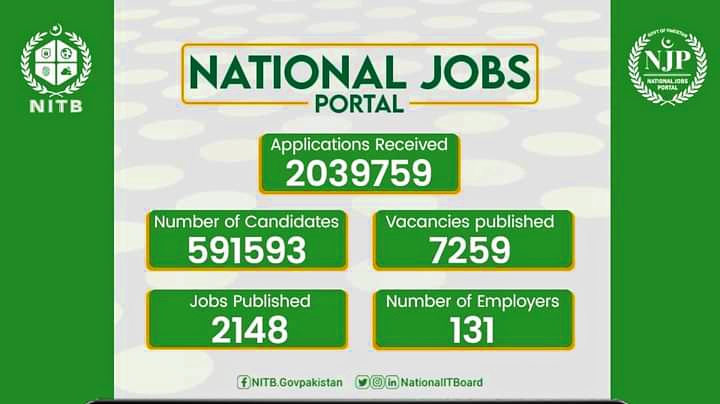Pakistan, a South Asian country with a population of over 200 million, has a long history of elections that dates back to its independence from British colonial rule in 1947. This article provides a comprehensive overview of the history of elections in Pakistan, including the major events, parties, and personalities that have shaped its electoral system over the years.
The Early Years of Pakistan
The first general election was held in Pakistan in 1951, four years after independence. The Constituent Assembly of Pakistan became the first parliament, with Khawaja Nazimuddin elected as the first Prime Minister. The Muslim League, led by Muhammad Ali Jinnah, was the dominant party in the early years of Pakistan.
The Ayub Khan Era
In 1958, General Ayub Khan took power in a military coup and suspended the constitution. The first presidential election was held in 1960, which Ayub Khan won with an overwhelming majority. Ayub Khan introduced the Basic Democracy System in 1959, which gave power to local councils instead of political parties.
The Bhutto Years
In 1970, the first general elections were held under the 1962 constitution. The Pakistan People’s Party (PPP), led by Zulfikar Ali Bhutto, won a majority in West Pakistan, while the Awami League, led by Sheikh Mujibur Rahman, won a majority in East Pakistan. The military regime refused to hand over power to the Awami League, which led to the Bangladesh Liberation War and the eventual secession of East Pakistan in 1971. Bhutto became the Prime Minister of Pakistan in 1972, after winning the next general election.
The Zia-ul-Haq Era
In 1977, General Zia-ul-Haq took power in a military coup and suspended the constitution. In 1985, non-party general elections were held under the “Eighth Amendment” to the Constitution. Zia-ul-Haq died in a plane crash in 1988, and the next general election was held in the same year.
The Benazir Bhutto and Nawaz Sharif Era
The Pakistan People’s Party won the 1988 general election, and Benazir Bhutto became the first female Prime Minister of Pakistan. In 1990, the Pakistan Muslim League (Nawaz) won the general election, and Nawaz Sharif became the Prime Minister. In 1993, the Pakistan People’s Party won the general election, and Benazir Bhutto became the Prime Minister again. 1996, the Pakistan Muslim League (Nawaz) won the general election again, and Nawaz Sharif became the Prime Minister for the second time.
The Musharraf Era
In 1999, General Pervez Musharraf took power in a military coup and suspended the constitution. The next general election was held in 2002 under the “Legal Framework Order” introduced by Musharraf. The Pakistan Muslim League (Q), a pro-Musharraf party, won the election and formed the government.
The Recent Years
The next general election was held in 2008 after Musharraf resigned as President.
The Pakistan Peoples Party won the election, and Yousuf Raza Gillani became the Prime Minister.
In 2013, the Pakistan Muslim League (Nawaz) won the general election again, and Nawaz Sharif became the Prime Minister for 4 years.
The Imran Khan Era
The 2018 general election was marked by allegations of vote-rigging and political violence. The Pakistan Tehreek-e-Insaf (PTI), led by Imran Khan, won a majority in the National Assembly and formed the government. Khan was sworn in as the Prime Minister in August 2018, and his government has been focused on economic reform and anti-corruption measures.
Challenges Facing Pakistan’s Electoral System
The Electoral Commission of Pakistan (ECP) has been criticized for its lack of independence and inability to ensure free and fair elections. Political violence, vote-rigging, and allegations of corruption have marred many of Pakistan’s elections over the years. The dominance of a few major parties, such as the Pakistan Muslim League (Nawaz) and the Pakistan People’s Party, has limited the diversity of Pakistan’s political landscape.
Conclusion
Pakistan’s electoral system has undergone significant changes over the years, with military coups, constitutional amendments, and political upheaval shaping its development. Despite the challenges facing the system, the country has managed to hold regular elections and transfer power peacefully, a sign of its commitment to democratic principles. As Pakistan continues to face political and economic challenges, the role of elections in shaping its future remains critical.
FAQs
- When was the first general election held in Pakistan?
- The first general election was held in Pakistan in 1951.
- Who was the first Prime Minister of Pakistan?
- Khawaja Nazimuddin was elected as the first Prime Minister of Pakistan.
- Who introduced the Basic Democracy System in Pakistan?
- General Ayub Khan introduced the Basic Democracy System in Pakistan in 1959.
- Who was the first female Prime Minister of Pakistan?
- Benazir Bhutto was the first female Prime Minister of Pakistan.
- Who won the 2018 general election in Pakistan?
- The Pakistan Tehreek-e-Insaf (PTI), led by Imran Khan, won the 2018 general election in Pakistan.

